Bharata is an incarnation of Panchajanya, the conch of Lord Vishnu. He was born in Kaikeyi and Dasaratha. Queen Kaikeyi happens to be the daughter of Kekeya. His siblings include Rama, Lakshmana, Shatrugna and Shantha (wife of Rishyashringa). Rama and his brothers were born as a result of the Putrakameshti Yagnya performed by Dasaratha and his Queens Kausalya, Kaikeyi and Sumitra. Raja Dasaratha had taken the help of Rishyashringa in order to perform this sacrifice. The four kids, Rama, Bharata, Lakshmana and Shatrughna, were brought up lovingly by their parents. The three younger brothers were deeply attached to Lord Rama.
Rama and Lakshmana were sent along with Sage Viswamithra to the forest. A number of demons had been disturbing the denizens of the forest. This had come in the way of their very existence. The sages of the forest were performing sacrifices in the interest of the general public, but the demons would not let them do the same. Therefore, Sage Viswamithra sought the help of Rama. A reluctant Dasaratha sent the young Rama along with Lakshmana. The young lads vanquished a number of demons, and this resulted in the successful completion of the sacrifice conducted by Sage Vishwamitra.
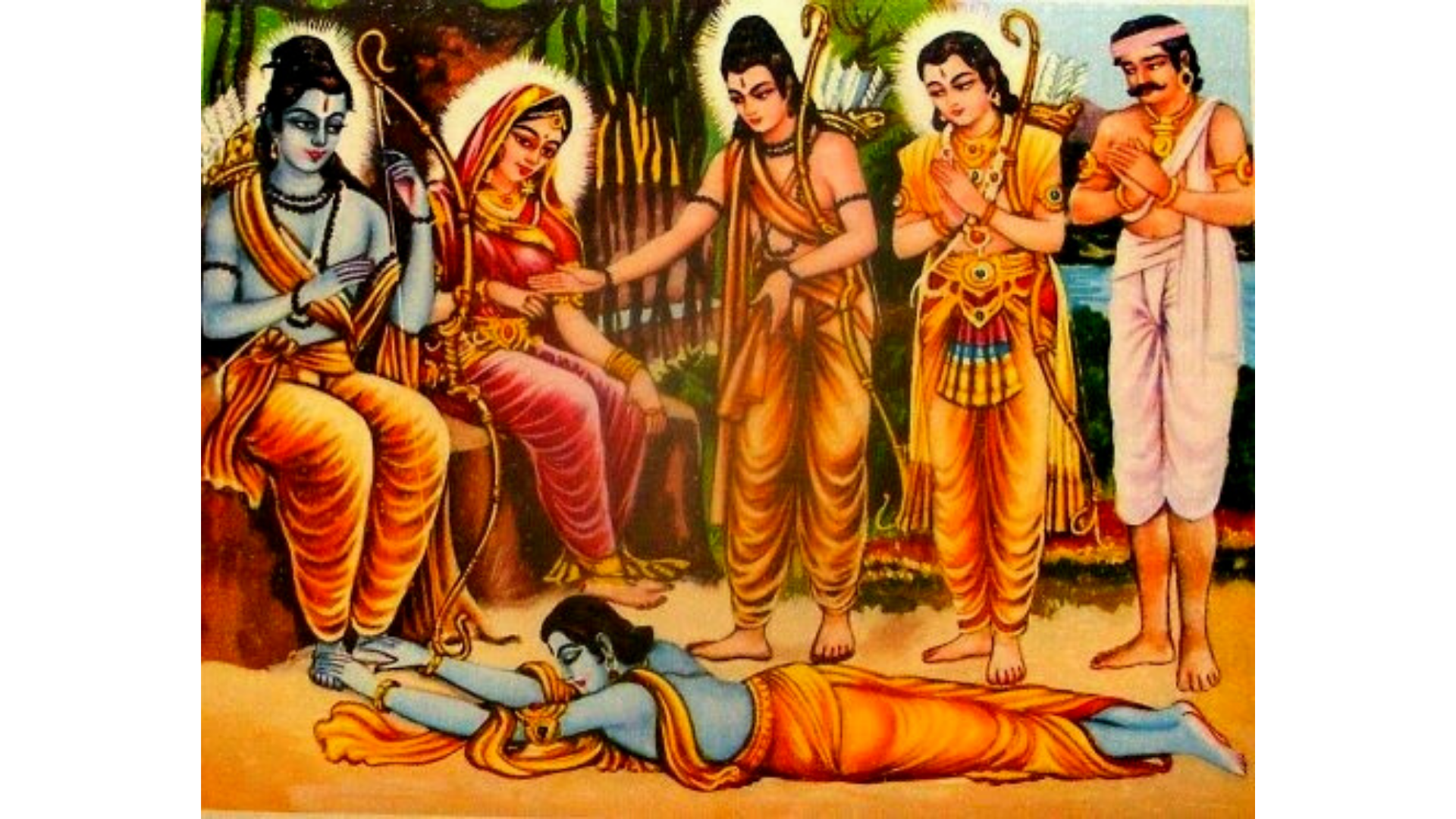
The youngsters were eventually led by Sage Viswamithra to the residence of Raja Janaka of Mithila. The handsome Rama broke the ancient bow belonging to Lord Shiva and married Sita. Meanwhile, Raja Janaka got three more weddings solemnized. Urmila married Lakshmana while Mandavi and Shrutakirti married Bharata and Shatrughna, respectively. Mandavi and Shrutakirti were the daughters of Kushadhwaja and Chandrabhaga. Kushadhwaja was the younger brother of Raja Janaka. Even today, Raja Kushadhwaja is remembered through the Rajdevi Temple at Rajbiraj in Nepal. Kushadhwaja had ruled from here and the Rajdevi Temple in this region belonged to his family. Thousands of Indians and Nepalese visit this temple every year. There are several idols of deities in the old temple. Shrines dedicated to Mandavi and Shrutakirti are found here.
Mandavi was the incarnation of Mahalakshmi's flower. She had two sons, Taksha and Pushkala, with Bharata. The great lady was known to have taken care of her in-laws along with her sister Shrutakirti during the exile period of Rama, Lakshmana and Sita. Urmila, the wife of Lakshmana, had taken the sleep of her husband and thus the family duties were left to Mandavi and Shrutakirti. Bharata had been absent at the time when Rama undertook his exile. He was upset with the developments. Dasaratha had passed away and Bharata was not interested in becoming the ruler of Ayodhya. He wanted Lord Rama to be coronated. Therefore, he went in search of him to the forest.
Bharata discovered Rama and requested him to return to Ayodhya. But the noble Rama refused to return. He advised Bharata to become the ruler, but the resolute younger brother refused to take over the reins of Ayodhya. Bharata agreed to return only after Rama agreed to return after completion of the 14 years of exile. The noble younger brother stated that he would not enter Ayodhya until the return of Lord Rama. He donned robes that were similar to the ones worn by Rama and Lakshmana. Bharata requested Rama to part with his ' Padukas ' (sandals). He wanted to place them on the throne of Ayodhya and rule on behalf of Lord Rama.
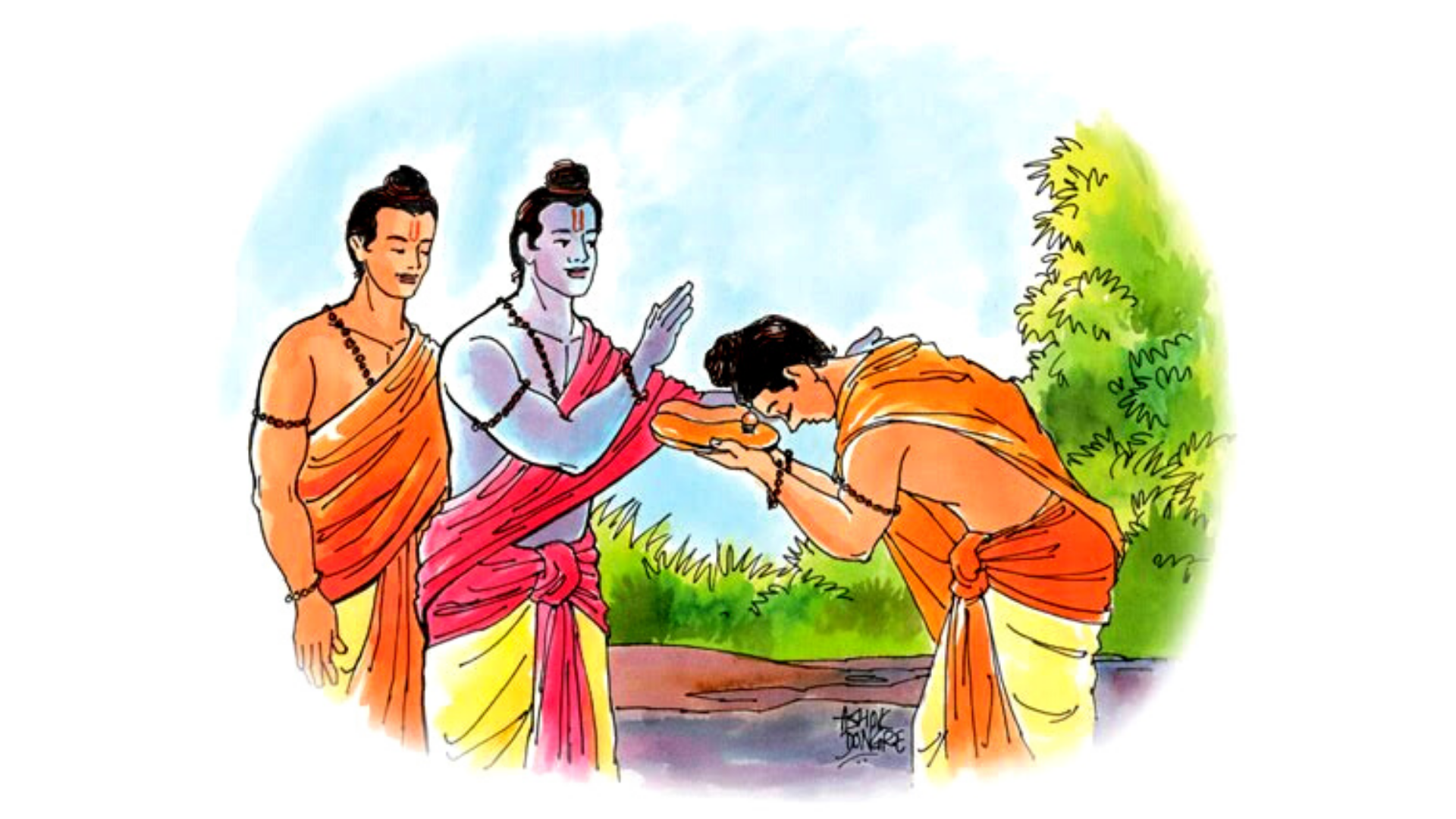
Rama agreed to this preposition and Bharata placed the Padukas on the throne of Kosala and got them coronated immediately. He would place the Padukas on the royal elephant Shatrunjaya every day. This elephant would tour Ayodhya. Noble Bharata stayed with the Padukas at Nandigram, a village located on the outskirts of Ayodhya. The rule of the Padukas under Bharata was said to be as good as Ramarajyam. Shatrugna and Bharata stood tall as true Bhagavatas due to this sacrifice. Bharata would perform ' Thirumanjanam ' (holy bath) to the Padukas of Rama every day and this water would enter the River Sarayu thereafter. Thus, River Sarayu got sanctified by the holy water that had caressed the sandals (Padukas) of Lord Rama. This water would enter the ocean later in order to sanctify it.
Swami Vedanta Desika has composed the Paduka Sahasram, and this composition talks about the virtues of the Padukas of Lord Rama. The 1000 verses were composed in just one night. Bharata had warned Lord Rama that he would immolate himself if he failed to return on the completion of 14 years of exile. 14 years went by and Bharata set up a fire and began to go around it. Lord Rama was getting delayed and everyone was getting worried because the dutiful Bharata was ready to immolate himself. However, Lord Rama sent Hanuman in advance to Nandigram. This was done in order to assure Bharata about the return of Lord Rama to Ayodhya.
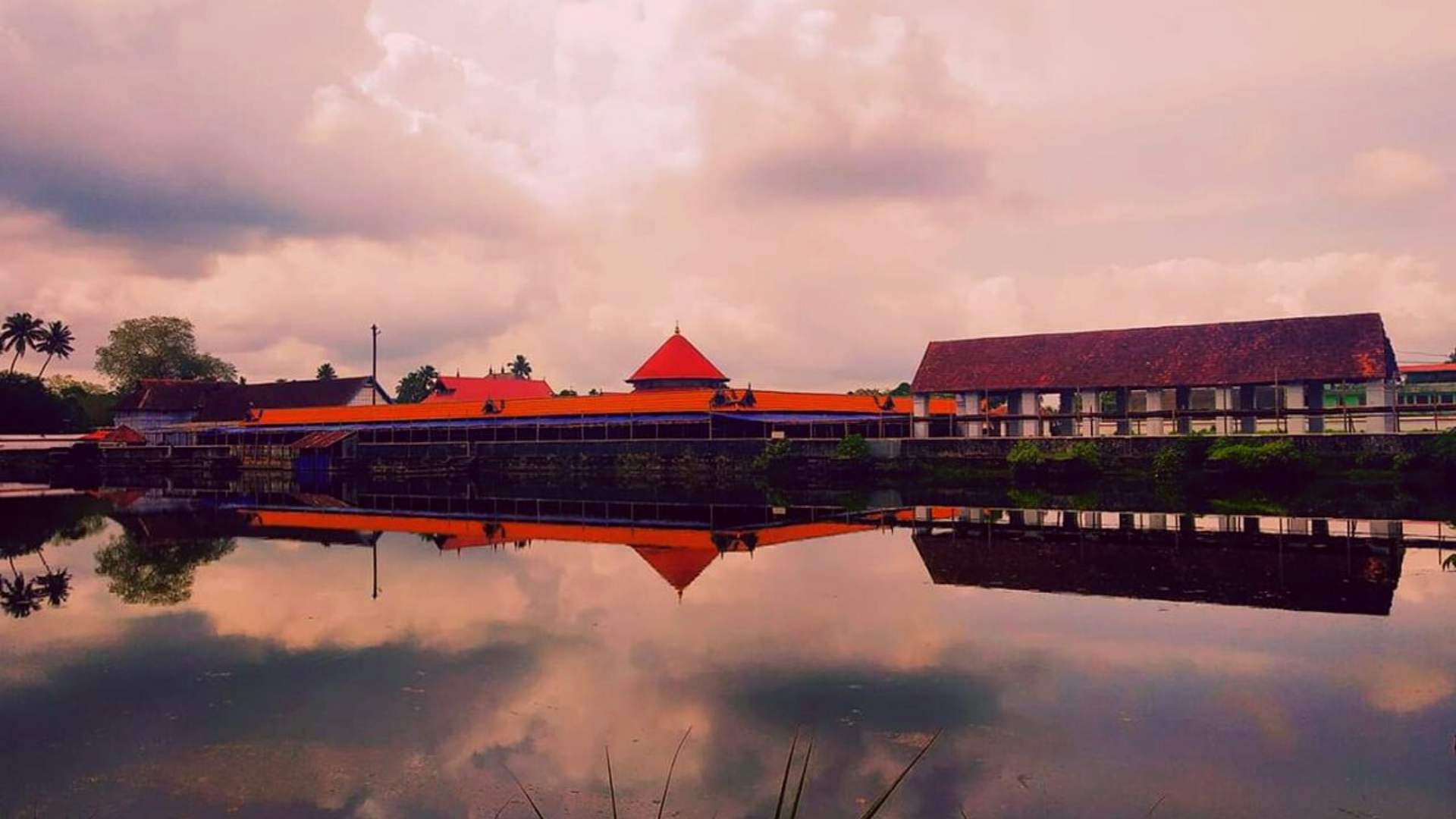
Bharata was overjoyed to learn about the success of Lord Rama and his impending return. Rama returned to Ayodhya, and a Pattabishekham was performed. Bharata was immensely pleased. The story of Bharata is popular in India today. He is celebrated at the Koodalmanikyam Temple in Kerala. This ancient temple is dedicated to Bharata. Kerala is blessed with temples for Rama, Bharata, Lakshmana and Shatrughna. Thousands of devotees visit this temple regularly.
The story of Bharata ignited the minds of many devotees and a number of rulers of ancient Bharat began to emulate him. Dharmic rulers and administrators have held that they acted on behalf of Lord Rama. The rule of such administrators is known as ' Rama Rajyam '. Noble Bharata had set the trend and Bharat was lucky to have been blessed with great souls like him.
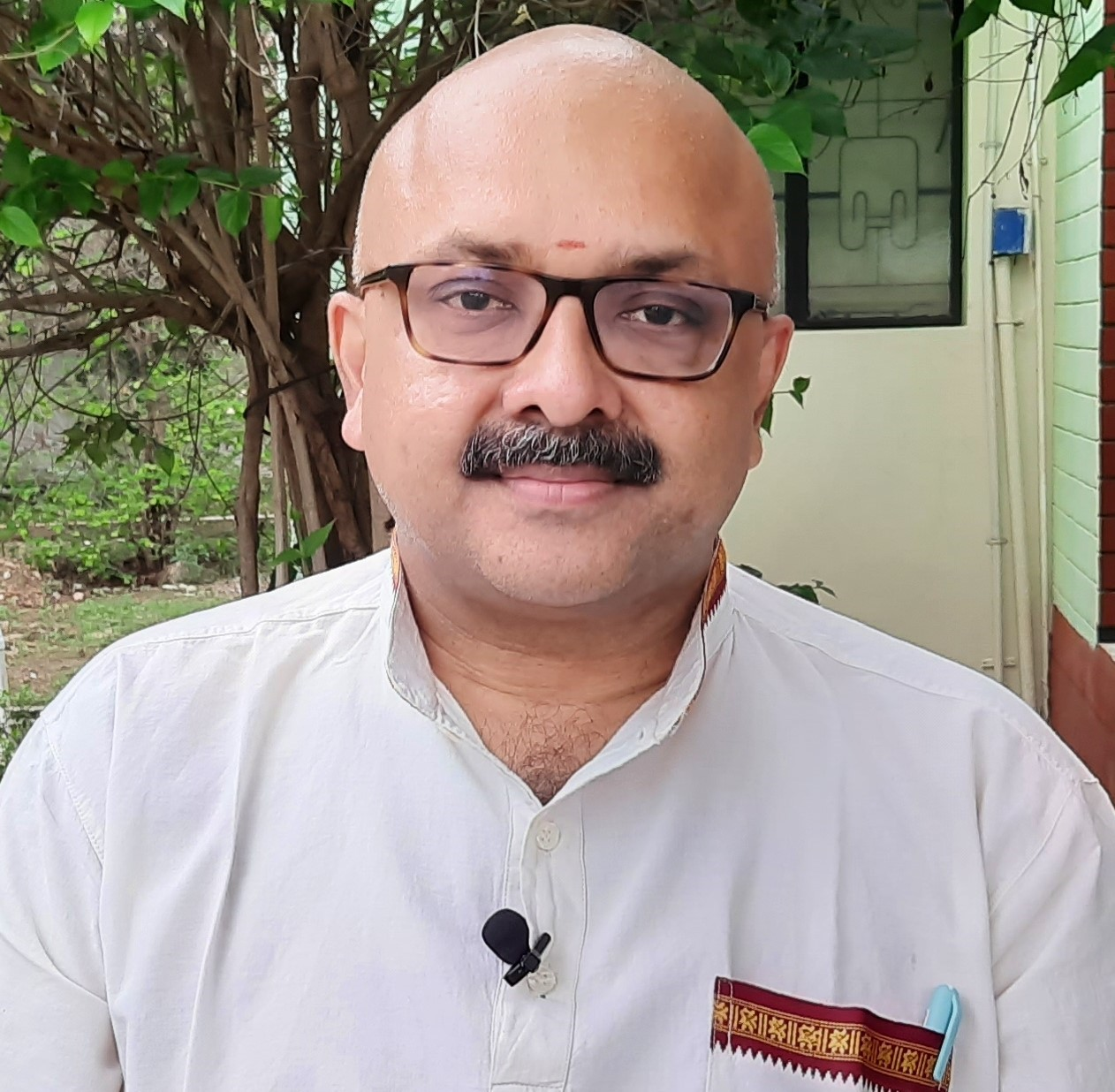 Mr. Rajesh Govindarajulu is one of the founding members of the Verandah Club Pvt. Ltd. He is a leading columnist, historian, jeweler, entrepreneur, and a heritage enthusiast who is earnestly working to revive the past in the light of the present. Experiential learning about the history of Coimbatore is his main course of interest and he is also a panel member of many colleges in the city.
Mr. Rajesh Govindarajulu is one of the founding members of the Verandah Club Pvt. Ltd. He is a leading columnist, historian, jeweler, entrepreneur, and a heritage enthusiast who is earnestly working to revive the past in the light of the present. Experiential learning about the history of Coimbatore is his main course of interest and he is also a panel member of many colleges in the city.
NEXT ARTICLE
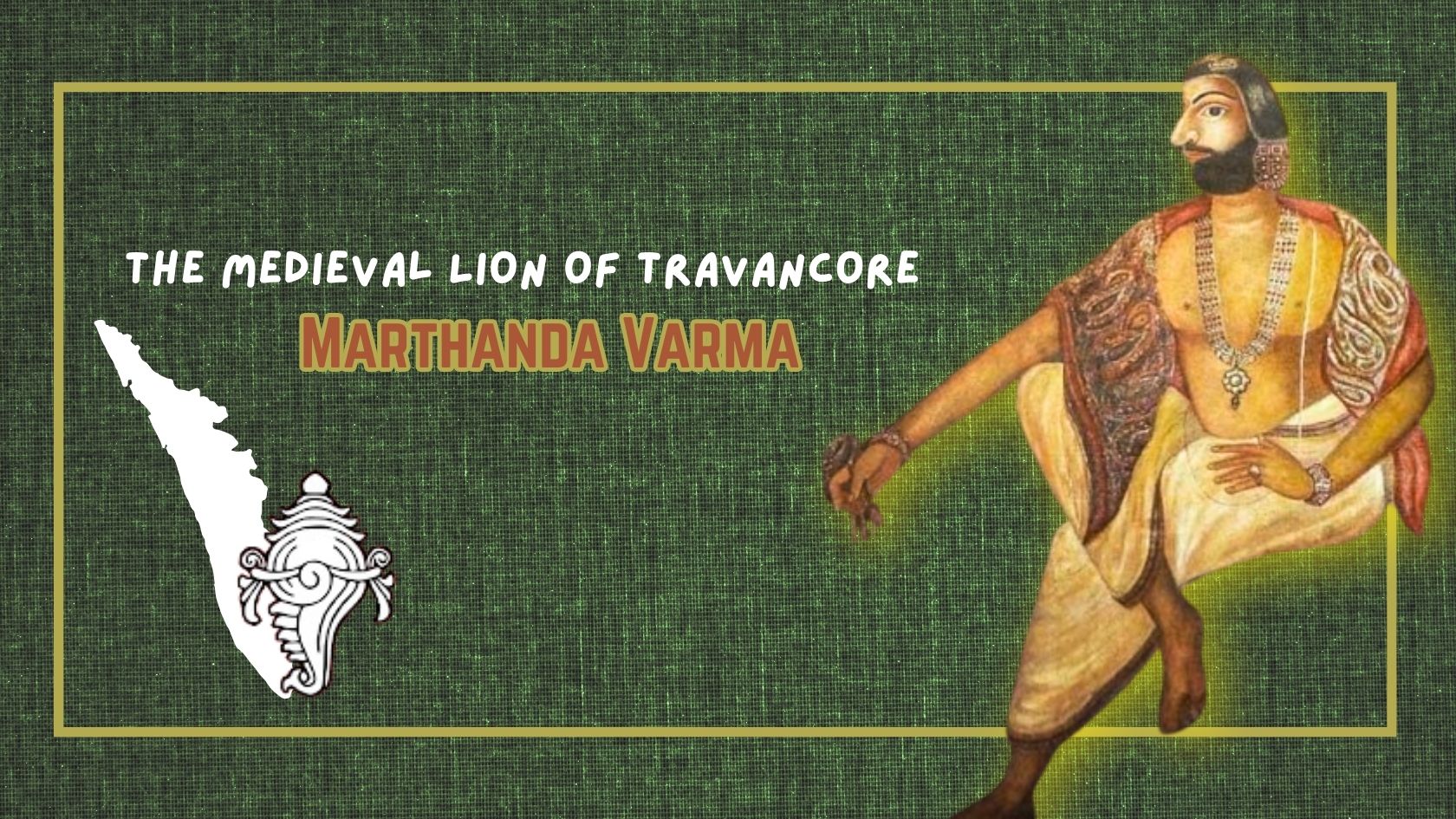
Shri Ramachandra Prasad's captivating narrative and the hot chai that was served at the right time transported me to ancient Kerala, where the extraor...
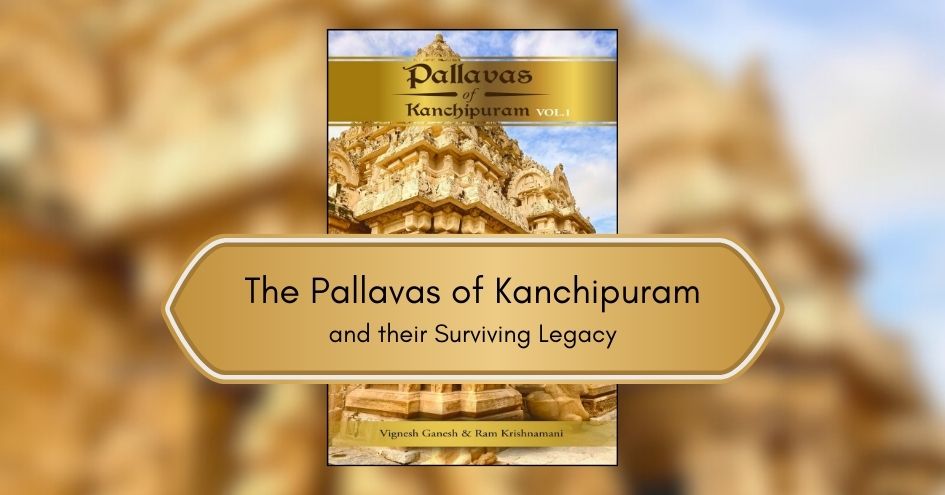
Introduction In Bharatvarsha, History is not the account narrated by victors. It is the record left behind by survivors. The study of Indian History...
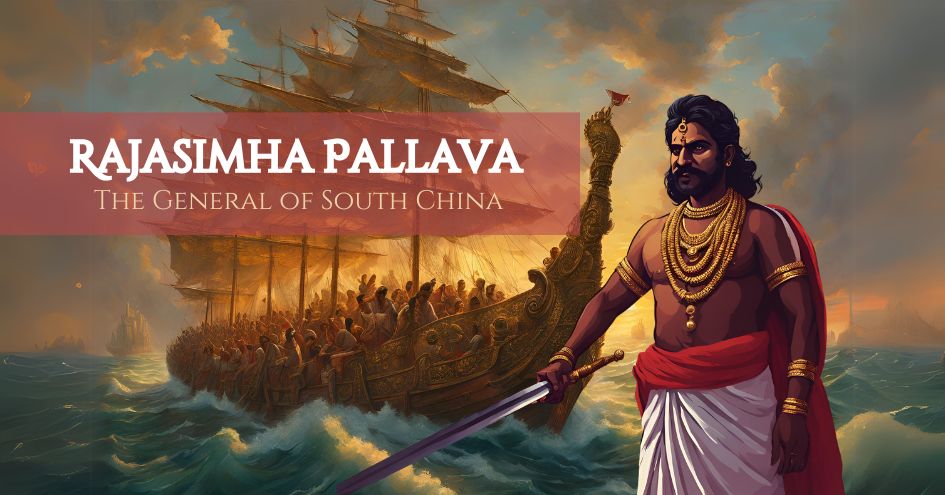
It is the first-half of the 8th Century C.E. in South India. The Pallava kingdom possesses strength and prosperity with some of the greatest monument...